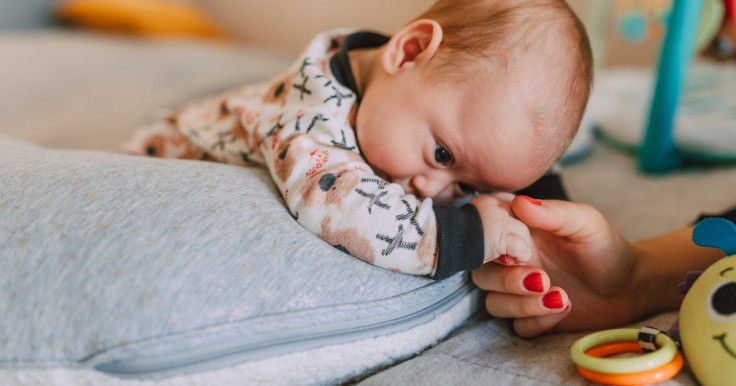
Nine months after the coronavirus pandemic started, there still is no baby boom. Instead, statistics show that there was a baby bust.
Last 2019, births in the United States have been recorded to be the fewest for thirty-five years. And even though people are spending more time at home due to the pandemic quarantines, the entire country is still in the middle of a baby bust.
Baby bust, not a baby boom
Although there is no official data yet for the entire country, several organizations have already released data that in 32 states, there are 95,000 fewer births in 2020.
This data from CBS shows that the birth rate in the country decreased by more than four percent.
In California, last December 2020, the birth rate decreased by ten percent. Even Hawaii has recorded a decrease in birth rates by 30%.
Couples choose to delay pregnancy
Although some couples intended to add a new member to the family or start their new family, a larger number still planned to delay pregnancy. That is according to a survey conducted by the Guttmacher Institute.
The survey also said that couples choose to have sex less often and have fewer children because families saw the pandemic's effects and economic costs.
In another study, the birth rate and labor market's connection is explained. According to the Brookings Institute study, "When the labor market is weak, aggregate birth rates decline; when the labor market improves, birth rates improve."
A sociologist from the University of Maryland, Phil Cohen, said that the falling birth rates are the biggest since the end of 1964, which is also the end of the baby boom. He said, "Regardless of whether you think it's good or bad to have a lot of children, the fact that we're suddenly having fewer means things are not going well for a lot of people."
Baby bust until 2021
According to BBC, even the online searches for terms that are pregnancy-related went down. That is according to the data from Google Trends.
A study by the Brookings Institution also shared that in 2021, there is an estimated 300,000 fewer births are expected.
In an interview with CBS, Laura Lindberg, a research scientist, said that because the impact of COVID is not yet over, there is still no assurance of what's going to happen next. Lidberg added, "Until people feel more confident about the economy and the state of the world, concerns about having children are going to continue."
Since this is not an issue that only became recent, experts believe that this can cause social, demographic, and economic implications in the coming years.
Right now, politicians are reported to be exploring benefits and tax credits options for children.